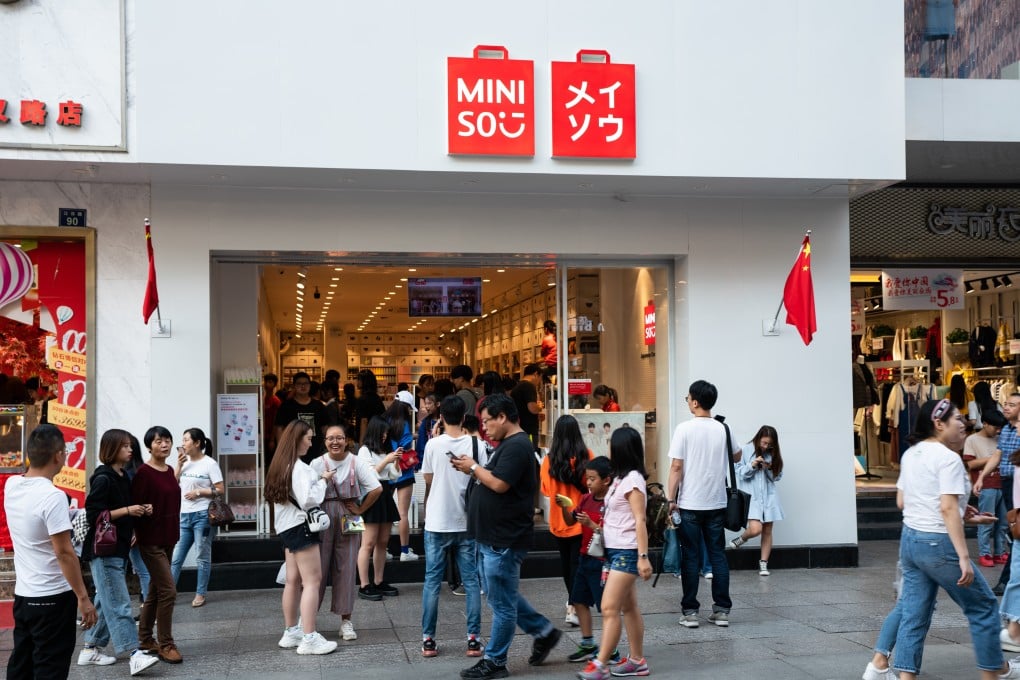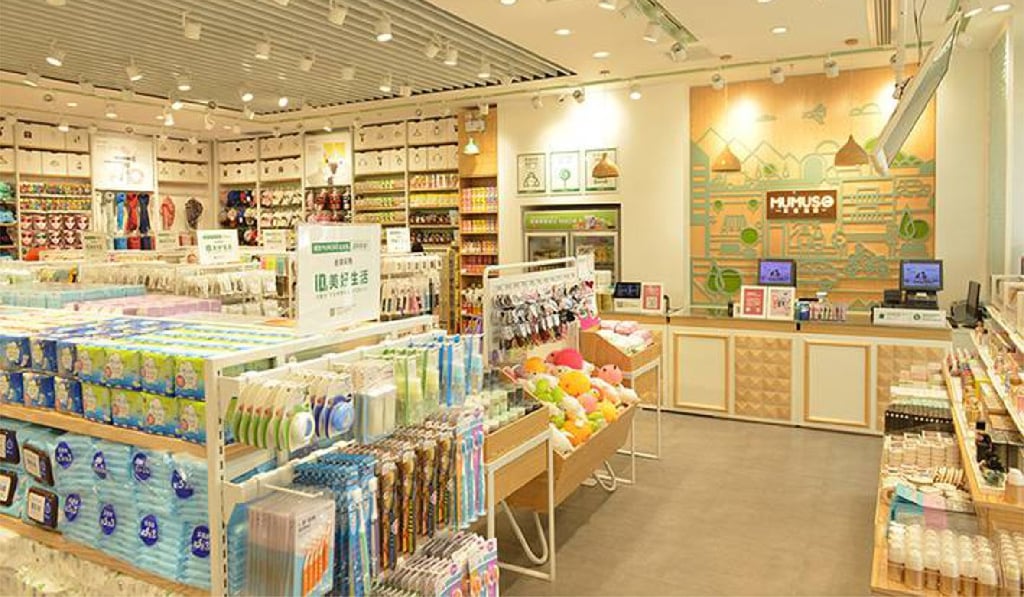Korean or Chinese? Copycat dollar stores face intellectual property crackdown from South Korea
- Foreign stores are using Korean or Japanese characters on their packaging to disguise their origins
- As authorities crack down, some stores are looking at other overseas markets

Lifestyle dollar store Mumuso may have satisfying discounts for everyday goods, but it also has consumers across Asia scratching their heads. If Google auto complete queries alone are anything to go by, everyone is asking the same question: is it really a Korean retailer, or is it actually Chinese?
South Korean authorities are cracking down, exasperated by what they see as copycat foreign brands trying to ride on the coattails of made-in-Korea success stories such as Innisfree. The Korea Intellectual Property Office (KIPO) and the Daejeon District Prosecutor’s Office announced on September 26 that a court had ordered Mumuso and Ilahui to close their offices in South Korea.

If imitation is the sincerest form of flattery, Korea is not the only country receiving the dubious compliment. Stores such as Miniso and Usupso follow Mumuso’s model of selling lifestyle and home goods at affordable prices, but their marketing speaks a different language, namely Japanese.